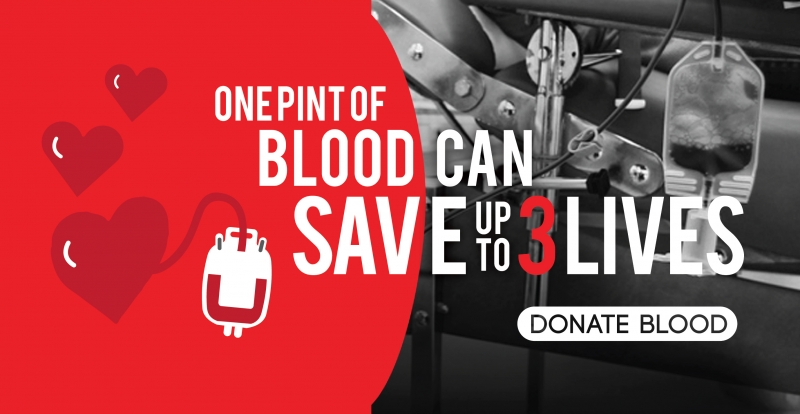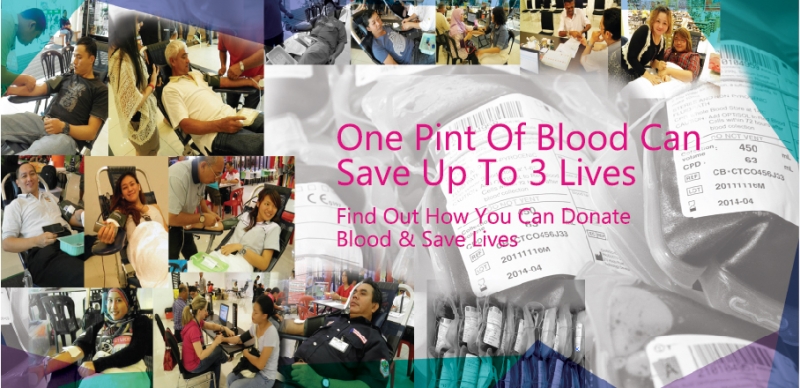
Did you ever notice that the public has always been called to donate blood voluntarily to help those in need? Blood donation not only can promote the metabolism of red blood cells but also reduces the risk of heart disease and cancer. In order to encourage people to donate blood voluntarily, the Ministry of Health has introduced 10 medical benefits for blood donors!

Who should not donate blood?
1. People who are suffering from any illness and are not in good health, anyone under the influence of alcohol, or anyone taking the drug
2. Ladies during menstruation, pregnancy, breastfeeding, and 6 months after delivery
3. A person having any lesion/injection scar at the puncture site (indication of drug addiction or professional blood seller)
4. Within 3 days after taking aspirin
Who can donate blood?
1. Any healthy person of either sex between the ages of 18 to 60
2. Men can donate once in 3 months and women once in 4 months
Tips for a good donation experience
Before Donation: Get a good night's sleep; Have a good breakfast or lunch
During the Donation: Wear clothing with sleeves that can be raised above the elbow
After Donation: Rehydrate by drinking plenty of fluids over the next 24-48 hours. Avoid strenuous physical activity or heavy lifting for about five hours after donation.

Benefits of Blood Donor
1 time: Free outpatient treatment and medical treatment (excluding X-ray and surgical charges) and second class wards for a period of * 4 months.
2 times (within 12 months): Free Hepatitis B preventive injection
2 ~ 5 times: Free outpatient treatment and medical treatment and second class wards for a period of * 4 months.
6 ~ 10 times: Free * 1-year outpatient treatment and second class medical treatment for a * 6 month period.
11 ~ 15 times: Free * 2-year outpatient treatment and medical treatment and second-class wards for a * 1 year period.
16 ~ 20 times: Free outpatient treatment and medical treatment and second class wards for a * 2 year period.
21 ~ 30 times: Free outpatient treatment and medical treatment and second class wards for a period of * 3 years.
31 ~ 40 times: Free outpatient treatment and medical treatment and first-class wards for a period of * 4 years.
41 ~ 50 times: Free outpatient treatment and medical treatment and first-class wards for a period of * 6 years.
Over 50 times (for "Whole Blood") and Over 150 times (for apheresis donors): Free outpatient treatment and first-class medical treatment and wards for 10 years and second-class wards of life after 10 years in the first-class ward.

The donor should show the certificate book (red book) to the hospital before qualifying for the privilege as in the above table. Ward facilities are dependent on current conditions. If the ward specified in the table is full, then the donor will be placed in the other appropriate ward. This specialty can only be used by blood donors only.





